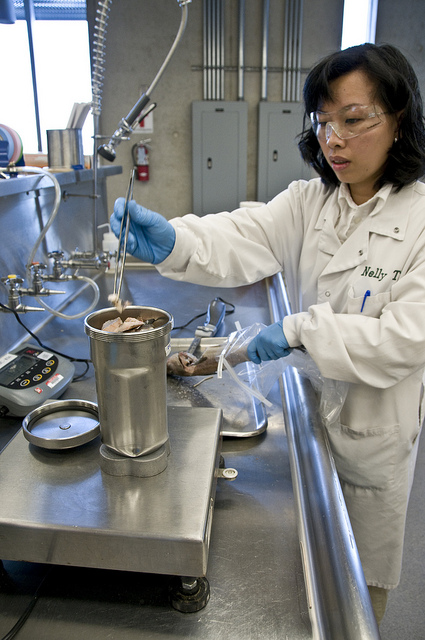UCS released a survey of 997 FDA scientists this morning which found that while FDA leaders are working hard to boost scientific integrity at the agency, persistent interference by special interests continues to hinder scientists’ work. The FDA responded quickly and reasonably, stressing its successes while acknowledging that improvements can and should be made. National Public Radio science reporter Nell Greenfieldboyce was first out of the gate with a quick summary of the findings and FDA’s response.
The survey can be compared to another survey of FDA scientists completed by UCS in 2006. In the survey released today, the scientists told us the agency is moving in the right direction, and they feel more supported by supervisors and FDA leadership. FDA scientists express concern on several fronts, including their right to publish research and communicate with the public, the degree of corporate and political influence on regulatory decisions, and the overall transparency and accountability of the agency’s decision making.
In short, the survey tells us that the problems FDA faces are deeply systemic, and that strong leadership isn’t enough to eliminate political interference in decision-making at the agency.
Next Steps
First, I’m encouraged by the fact that the FDA last month released a scientific integrity policy. But the agency should now formally seek public comment on that policy to help strengthen it. As the president’s science advisor has said, scientific integrity policies tend to improve considerably as a result of public input.
Second, the FDA’s demonstrated progress should serve as a warning to Congress to keep its hands off reforms that have increased the FDA’s independence. In 2007, in light of numerous product recalls and congressional scrutiny of FDA scientists whose work was suppressed and censored, Congress approved the Food and Drug Administration Amendments Act. That law required that the FDA be more transparent in its drug approval process, and directed the agency to reduce the number of experts on its advisory panels who have financial stakes in panel recommendations.
This year, Congress is again considering major FDA legislation, part of its must-pass reauthorization of the Prescription Drug User Fee Act and the Medical Device User Fee Act. The fragile progress that the FDA has made, as evidenced by this survey, would be harmed by legislative proposals now pending before lawmakers, which would relax conflict of interest standards and make science at the agency significantly more vulnerable to special-interest pressures. One legislative proposal would actually change the FDA’s mission to include job creation, diluting its core obligation to protect American families from unsafe drugs, food, and medical devices.
The FDA is big and complex—according to the agency, it is responsible for the safety of items accounting for 25 cents of every dollar spent by consumers. It is important for the agency to continue the progress it has made in restoring scientific integrity to federal policymaking. It is equally important for Congress to build upon the reforms that are already in place.

